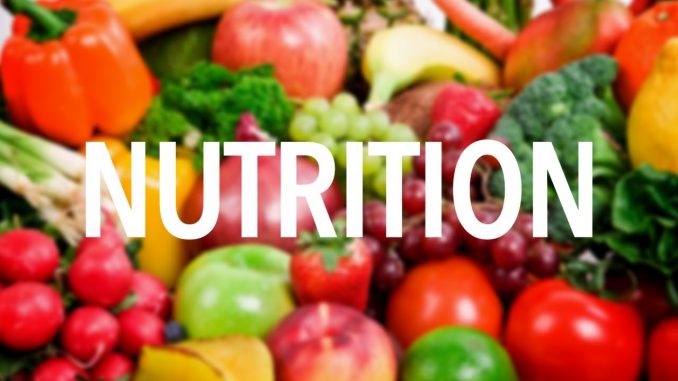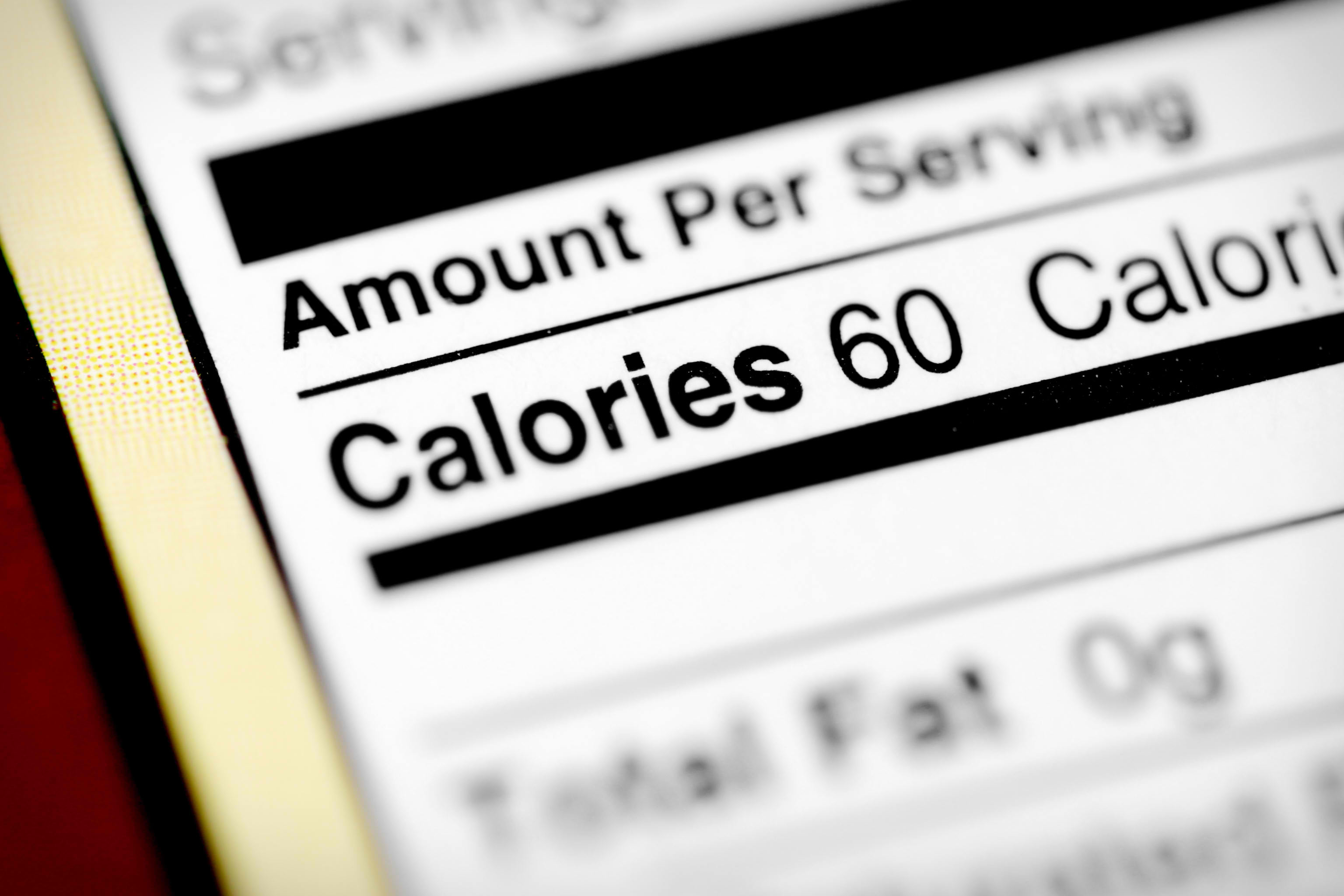
Nutrition

6 Nutrients
1. Carbohydrates
2. Nutrients
3. Protein
4. Vitamins
5. Minerals
6. Water

Macronutrients
Carbohydrates
Simple Carbs
Complex Carbs
Fibre
Fat
Concentrated source of energy.
Body needs it to stay healthy.
Protects and cushions organs.
Helps with absorption of fat-soluble vitamins.
Makes and regulates certain hormones.
A diet high in fat can lead to heart attacks, cancers, diabetes and obesity.
Protein
Can be found in all cells of our body.
Are the building blocks of our body.
Growth and maintenance of body tissues.
Can be used as an energy source if the body is low on carbs.
Water
Constitutes 60% of body weight and 70% of muscle mass.
Transports materials to cells.
Carries toxins and waste from cells.
Aids in digestion and moves smoothly through intestines.
Maintains blood volume.
Helps maintain body temperature.

Micronutrients
Minerals
Help get energy from macronutrients and help make bones, protein and blood.
Electrolytes balance fluid levels, blood pressure and conduct nerve impulses.
Vitamins
Are chemicals the body uses to release energy from foods and build and maintain it's cells.
Water Soluble Vitamins cannot be stored in the body so foods that can store them must be digested.
Fat Soluble Vitamins get absorbed by the small intestine and then stored in the liver.

Calories
A measure of the energy found in food.
1 gram of Carbs has 4 calories.
1 gram of fat has 9 calories.
1 gram of protein has 4 calories

Daily Calorie Needs
Influenced by...
Gender, Body Size, Genetics, Age and Physical Activity Level.

Obesity
An eating disorder caused by the imbalance of energy intake and energy output.
Obesity refers to body fat % of 30% for women and 25% for men. Any food that is not used is stored as fat.

Healthy Eating Habits
Enjoy foods from a variety of food groups.
Choose lower fat foods more often.
Choose whole grain and enriched grain products.
Choose dark green and orange vegetables and oranges fruits more often.
While eating out, look for wise choices on the menu.
